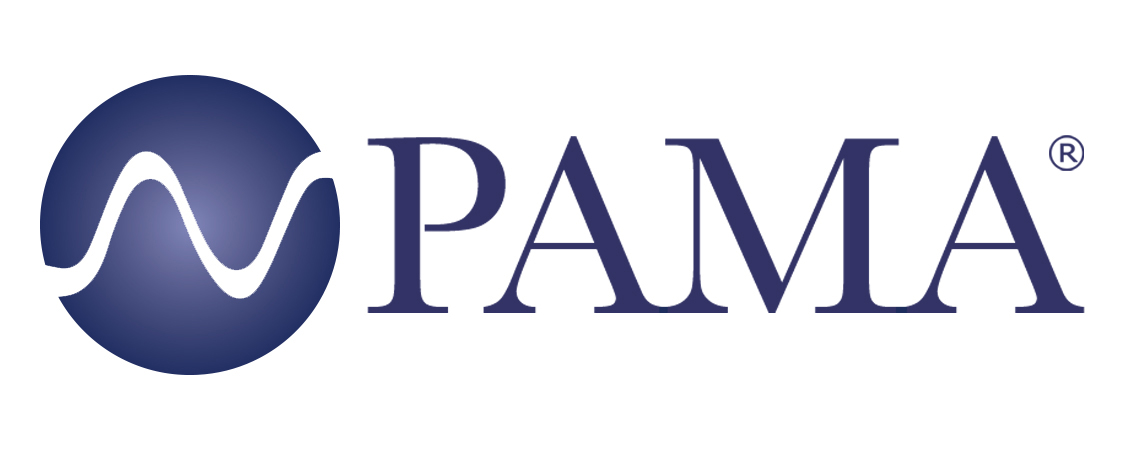Supply chain issues persist in 2022. The semiconductor industry is a key example, where shortfalls in the production and delivery of electronic building blocks critical to numerous manufacturers create a chain reaction across a broad spectrum of industries, including professional audio hardware companies. PAMA (Professional Audio Manufacturers Alliance) member company Audinate, developer of the Dante digital audio networking protocol licensed by hundreds of brands, has faced these issues head-on and offers an informed perspective.

“Unfortunately, the global supply chain is more fragile than many realize," said Josh Rush, Audinate vice president of marketing. "In 2020, the fire at the AKM semiconductor factory devastated the site and forced manufacturers to seek alternate solutions. On top of this, the harsh winter weather and electrical power crisis in Texas in 2021 caused many semiconductor fabrication plants to shut down—not to mention that much of the freight passing through Texas was delayed, again causing a variety of supply chain issues. From weather emergencies to pandemics to cargo ships running aground, the supply chain can be disrupted for a number of reasons, causing a ripple effect that touches nearly countless markets, businesses and consumers.”
[Supply Chain Issues: Here's How Crestron Is Handling Them]
Semiconductor availability problems are among the "most critical, complex, and dynamic commercial issues that the global Pro AV industry has had to grapple with,” Rush added. “Semiconductor analysts report that the global supply chain challenge is largely a demand issue more than a supply issue. It’s exacerbated in lower-volume industries like Pro AV because chip allocations are being diverted to large-volume clients/industries like consumer electronics, automotive, and military."

Rush said the supply chain challenges facing Pro AV manufacturers got even worse in Q3 2021. That's when the supply of particular chips used widely in the AV industry "suddenly and nearly completely became unavailable.” Despite these challenges, Rush reported that Audinate shipped more units of its chips, cards, and modules (CCM) through May 2022 than through the same time period in 2021.
Audinate has leveraged its strategic partnerships with leading chip suppliers including Xilinx, NXP, and SkyWorks (formerly Silicon Labs) to the benefit of not only themselves but a swath of fellow manufacturers that incorporate the Dante protocol in their products. “Audinate continuously lobbies for increased allocation of chips on behalf of the over 500 Dante manufacturer licensees," Rush explained. "This strategy has been successful in procuring inventory for several key parts for Audinate and its licensees. It has also allowed us to ramp up manufacturing of several Dante products in March 2022.”

A push to replace hardware in use for specific tasks with software solutions that can run on general-purpose computers and devices was one initiative undertaken by Audinate to relieve its demand for specialized semiconductors. “Software solutions and computer-based systems are an extremely viable option,” Rush offered. “Audinate already had strong pre-COVID momentum on software offerings with Dante Embedded Platform, Dante IP Core, and Dante Application Library. That momentum has picked up speed over the past year, and new OEM partners are being added regularly. We are heavily invested in advancing powerful, secure, software-based offerings.”
[A Solution to the AV Industry's Supply Chain Debacle?]
Advance exploration of alternative components has been a forward-looking avenue of attention for Audinate. Rush reported the company initiated the development of potential replacements for microchips in its product portfolio in 2021. The program centered on sourcing replacements for chips that still had many years of life left. "Planning more than five years out for a replacement is well beyond the industry standard," he admitted, "but our leadership group believed the move was crucial to ensuring our supply chain and minimizing the impact of potential chip shortages.”

The initiative has been accompanied by an acceleration of Audinate’s ongoing migration to product platforms with improved long-term availability, an active migration of OEM licensees to next-generation parts or other Audinate solutions not affected by the chip shortage, expediting chip replacement options ahead of life-expectancy timelines, and developing drop-in replacements for Dante modules used in existing product designs.
[Professional Audio Manufacturers Struggle with Supply Chain Slowdowns]
“The last couple of years has taught us all a lot of lessons, and we’re working to be as proactive as possible,” Rush said. “Global supply chains will continue to be a mission-critical priority for the AV industry in the years ahead. Issues like connectivity, interoperability, and standardized protocols are now more useful than ever—and are helping the entire channel create alternative solutions and address immediate customer needs.”
Founded in 2003, PAMA is the collective voice and forum for the leading manufacturers of professional audio products and the people who use them. PAMA’s mission is to promote awareness and appreciation of high-quality professional audio through market leadership, communication, and education. Learn more at www.pamalliance.org.
